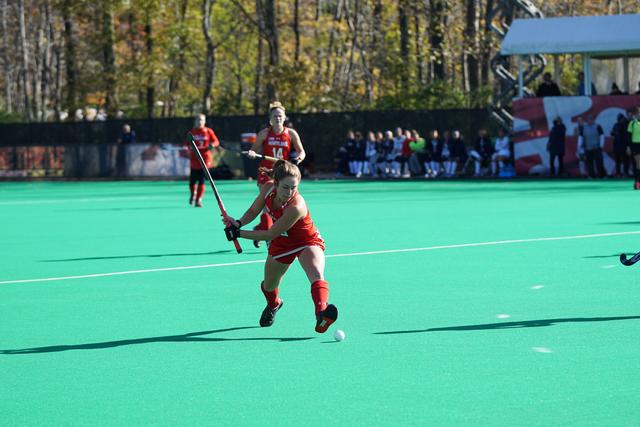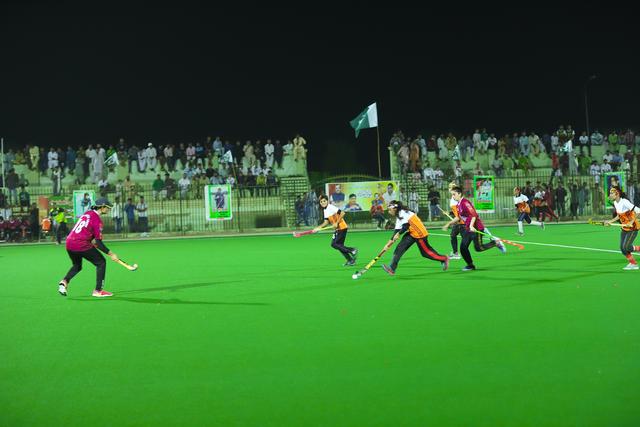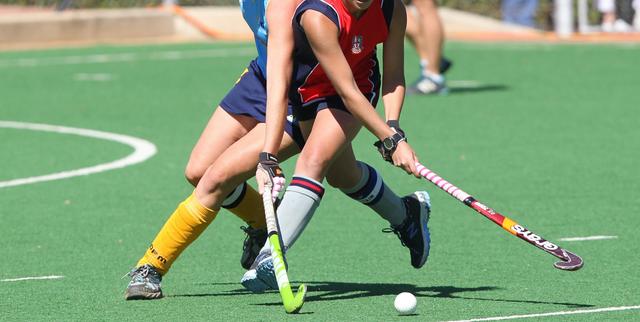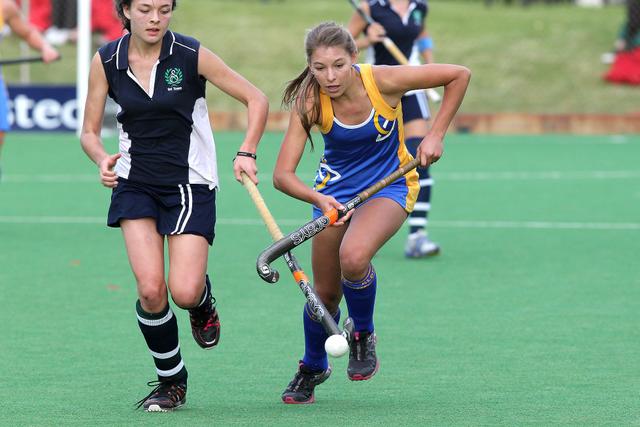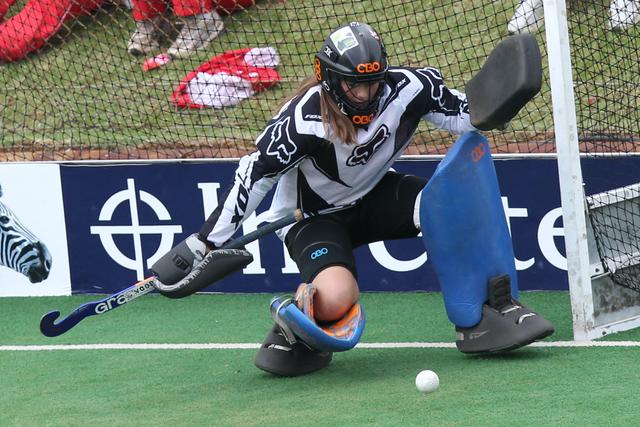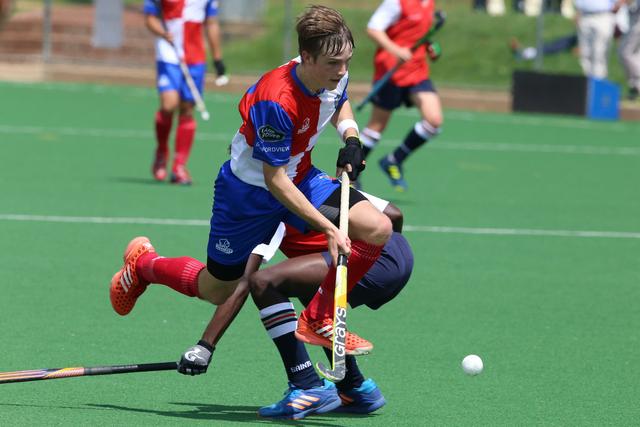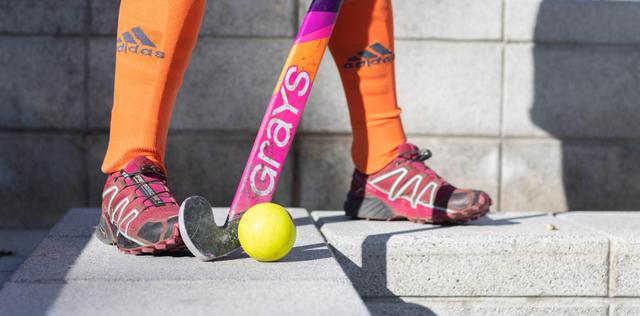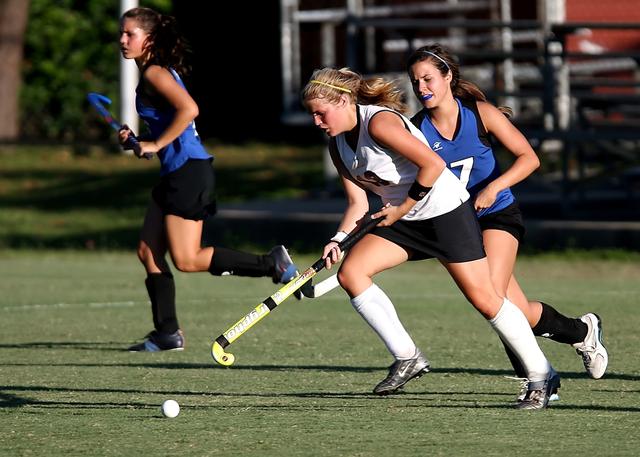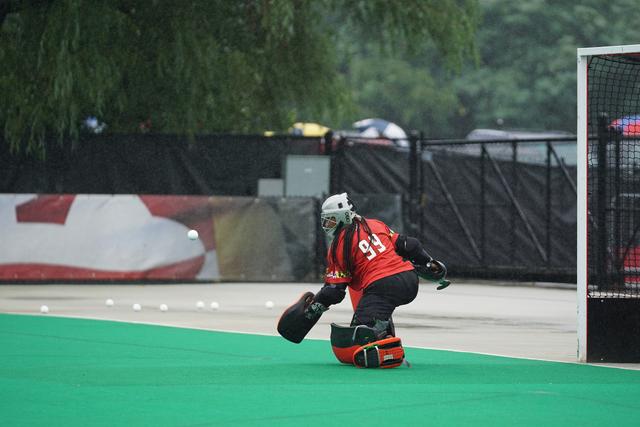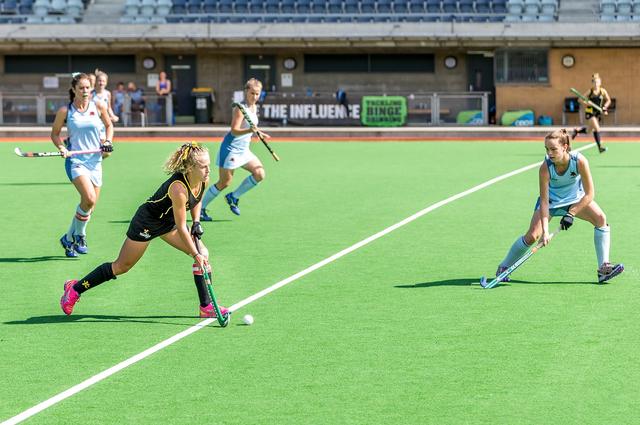Hockey Articles
Hockey For Kids In The UK
Hockey in the UK is steeped in history and tradition, tracing its roots back to the late 18th and early 19th centuries. Originally developed from a game played by British soldiers in India, known as "Cricket on Grass", hockey has evolved considerably over the years into the dynamic sport enjoyed by countless children and adults alike across the country today.
The sport was formally introduced into the UK in the late 1800s, rapidly gaining traction in the private school system. The establishment of the first Hockey Association in 1886 marked a significant milestone, paving the way for the inaugural international hockey match between England and Scotland in 1895. These early developments laid a strong foundation for hockey, which has grown to become a beloved fixture in the UK sports landscape.
Whether played on field or on ice, hockey in the UK continues to draw significant participation. Its rich legacy is preserved and promoted by numerous clubs, schools, and national organisations dedicated to fostering talent and enthusiasm for the game from grassroots to elite levels. Besides being a thrilling team sport, hockey serves as a platform for young players to hone their skills, embrace teamwork, and engage in healthy competition.
The Benefits of Hockey
Hockey not only serves as an exhilarating and fun activity for children but also provides significant health benefits that contribute to a child's physical and mental well-being. Participating in hockey enhances cardiovascular fitness through intense movements such as running and sprinting, which are integral to the sport. This activity strengthens the heart and improves overall stamina. Additionally, playing hockey aids in muscle strengthening; wielding a hockey stick and manoeuvring the ball requires substantial upper body strength, benefiting the arms, shoulders, and core muscles.
The sport also improves coordination and agility, vital skills that contribute to a child’s physical development. These skills are honed through the quick reflexes and precise movements required in hockey, enhancing a child's motor skills and reaction times.
Beyond the physical advantages, hockey offers mental health benefits. Regular engagement in physical activities like hockey has been shown to alleviate symptoms of stress and anxiety in children. Furthermore, as a team sport, hockey provides a fantastic platform for developing social skills. It encourages effective communication, teamwork, and the building of strong interpersonal relationships among young players. Thus, hockey is not just a game but a holistic activity that fosters both the physical and psychological growth of children, making it an excellent choice for their active pursuits.
FAQs
Q: At what age can kids start playing hockey in the UK? A: Children can start playing hockey as early as four or five years old. At this age, focus is usually on fun, basic movement skills and an introduction to the game through mini hockey or similar games, which are adapted to the needs and abilities of younger children.
Q: What types of hockey can kids play in the UK? A: In the UK, children can participate in either field hockey or ice hockey. Field hockey is played on grass, artificial turf, or indoor surfaces, while ice hockey is played on an ice rink. Both types of hockey offer organised leagues and training for young players.
Q: How can children benefit from joining a hockey team in the UK? A: Joining a hockey team not only promotes physical health but also enhances social skills as children interact with peers and coaches. They learn valuable lessons about teamwork, discipline, and sportsmanship, which contribute to their personal and social development.
Q: Are there hockey camps for kids in the UK? A: Yes, there are numerous hockey camps across the UK designed for children of all skill levels. These camps provide specialised training, improve technical skills, and prepare young players for higher levels of competition. Some camps also focus on specific skills like goaltending or shooting.
Q: How do I find a local children's hockey team in the UK? A: You can find local hockey teams for children by checking with schools, local sports clubs, or community centres. Additionally, the UK hockey association's website provides directory services and resources to find nearby clubs and teams suitable for various age groups.
